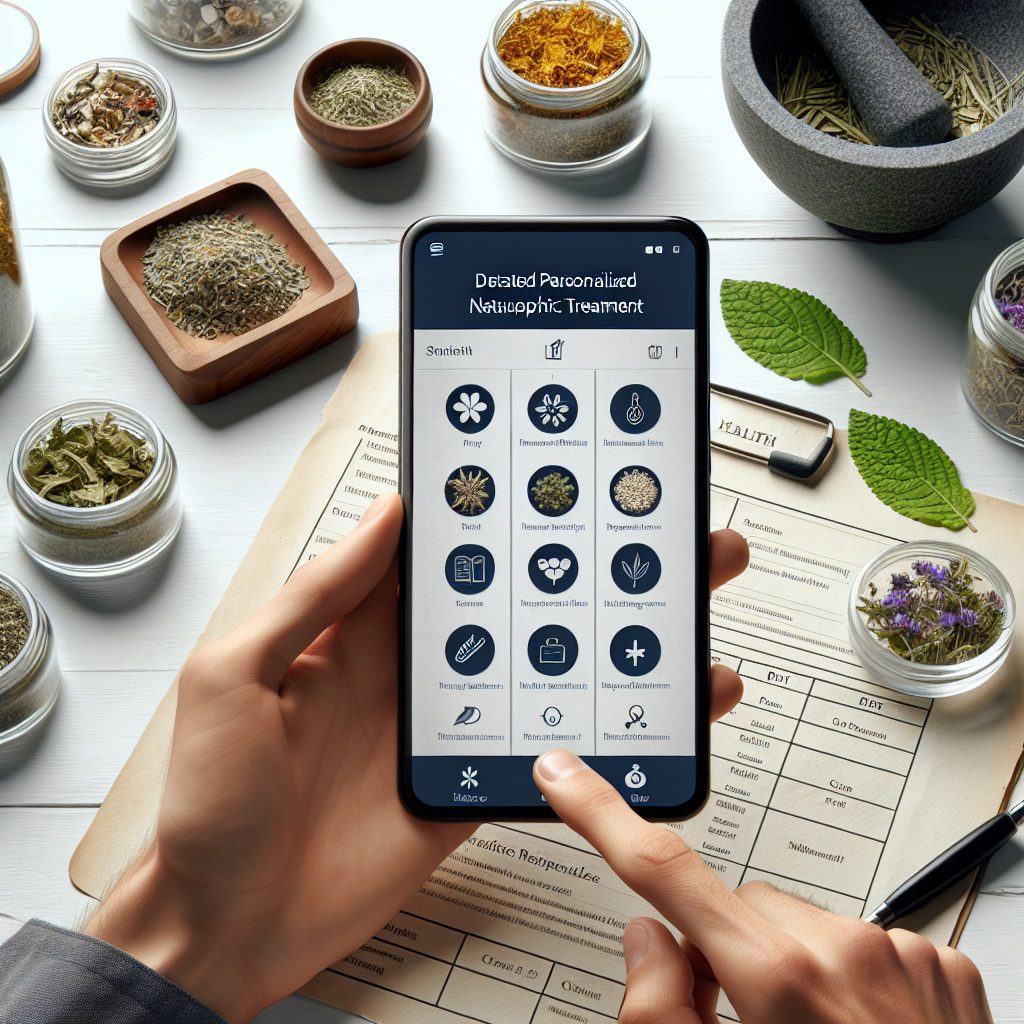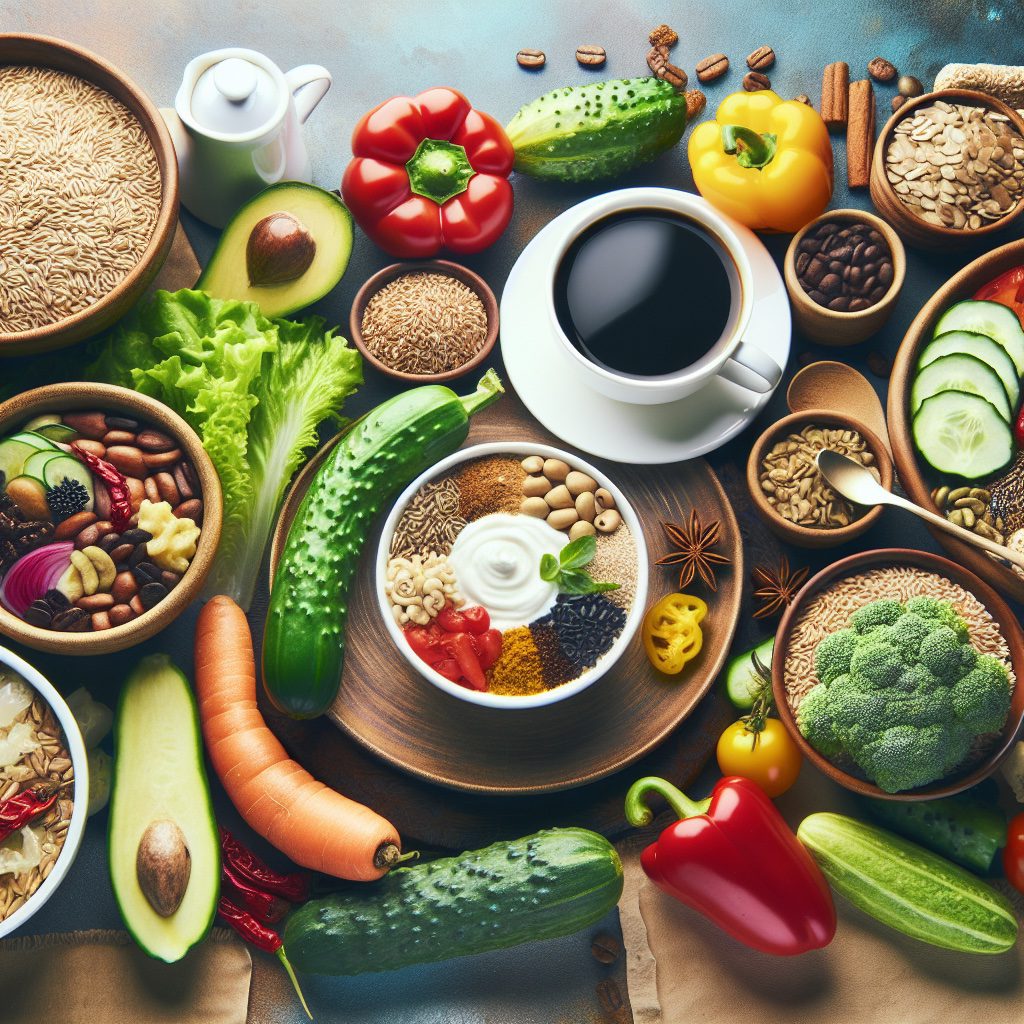Why Tea Potency Matters
Have you ever brewed a cup of Chinese herbal tea only to find it tasting flat or lackluster? That disappointing moment when your tea doesn’t deliver its usual magic can be frustrating, especially when you’re counting on those soothing benefits for your daily wellness routine. Like many natural treasures, herbal teas are delicate creations—living, breathing collections of plant wisdom that need proper care to maintain their potency and flavor. Improper storage doesn’t just affect taste; it can significantly diminish those health-boosting properties you’ve come to rely on. When exposed to heat, light, or moisture, the precious antioxidants and beneficial compounds in your favorite tea begin to break down. What was once a powerful ally in your journey toward mind-body balance can become just another tepid beverage. As someone who incorporates herbal teas into my daily self-care practice, I’ve learned that how we store our teas is just as important as how we brew them. The good news? With just a few simple storage adjustments, you can preserve the full spectrum of flavors and healing properties that drew you to Chinese herbal teas in the first place.
The Art of Preserving Your Herbal Treasures
Proper storage of your Chinese tea is truly an act of respect—both for the plants that offer their healing properties and for your body that receives these benefits.
Let’s explore the five essential storage secrets that can keep your herbal teas fresh, potent, and ready to work their magic.
1. Embrace the Cool and Steady
Temperature stability is your tea’s best friend. Store your precious herbal blends in a location where temperatures remain consistently between 60-70°F (15-21°C). This sweet spot helps preserve the delicate compounds that give Chinese teas their therapeutic qualities. Keep those tea containers far away from your stove, oven, or sunny windowsills where temperature fluctuations can trigger premature aging of your tea leaves. When I reorganized my tea collection at home, I noticed that samples kept in my cool pantry maintained their vibrant aromas much longer than those stored near the kitchen window.
2. Seek the Shadows
Light is perhaps the greatest enemy of herbal tea potency. Those healing compounds in your favorite Astragalus or Chrysanthemum blend break down rapidly when exposed to sunlight or even artificial light. Think of your tea as a meditation practice—it thrives in darkness and quiet! Opt for opaque containers that completely block light penetration. Many tea enthusiasts, myself included, have discovered that dark-colored glass jars or traditional tin containers are perfect for preserving tea potency. By keeping your teas in the shadows, you’re honoring their natural properties and allowing them to retain their full expression.
3. Banish Humidity
Moisture is the silent destroyer of herbal tea quality. High humidity environments can cause your precious Red Bean & Coix Seed Tea or Tangerine Peel & Hibiscus blend to absorb unwanted moisture, leading to mold growth or flavor degradation. Store your teas away from naturally humid spaces like bathrooms or areas near dishwashers. Contrary to popular belief, refrigerators are generally not ideal for storing herbal teas—the humidity fluctuations when opening and closing the door can introduce moisture to your tea. When you listen to your tea’s needs, just as you listen to your body’s voice, you’ll instinctively create the right environment for preservation.
4. Choose Airtight Allies
Oxygen exposure is a major factor in how to store Chinese tea properly. Each time your tea meets fresh air, oxidation processes begin that slowly diminish its therapeutic properties. Invest in quality airtight containers—they’re not just storage vessels but guardians of your tea’s potency. Glass jars with rubber seals, specialized tea tins, or even food-grade stainless steel containers with tight-fitting lids make excellent homes for your herbal companions. Remember that preserving tea potency is ultimately about preserving your wellness practice and honoring the natural gifts that support your health journey.
5. Respect Individual Character
Just as each of us has unique needs for balance, different teas require personalized care. Store various tea types separately to prevent their distinctive aromas and properties from mingling. Your delicate Sour Jujube Seed, Poria & Lily Tea shouldn’t absorb the strong character of Dandelion, Honeysuckle & Chrysanthemum Tea. This separation isn’t just about maintaining flavor integrity—it’s about respecting the individual nature of each plant medicine. Consider a dedicated tea cabinet with separate compartments, or group similar teas together in their own containers, creating a harmonious tea storage system that mirrors the natural order.
Mindful Practices for Tea Storage
Making tea storage a mindful practice connects you more deeply to the wellness tradition you’re embracing. As you carefully put away your tea after each use, take a moment to appreciate the plant wisdom contained within and set an intention for how it will support your well-being tomorrow. This small ritual transforms tea storage from a household chore into another opportunity for mindfulness in your day—perfectly aligned with the practice of listening to your body and honoring nature’s rhythms.
Knowing When to Say Goodbye: Recognizing Tea’s Lifecycle
Recognizing Signs of Tea Spoilage
Even with perfect storage practices, herbal teas don’t last forever. Learning to recognize signs of spoilage is an essential skill for any tea enthusiast committed to their wellness journey. Fresh herbal tea should delight your senses with vibrant aromas that speak of the plants’ natural vitality. When that captivating scent transforms into something musty or flat, your tea is telling you it’s time to let go. Trust your nose—it’s one of your body’s most intuitive tools for determining freshness.
The texture of your tea leaves offers another important clue. Properly stored tea should feel crisp and dry to the touch. If your Ficus Hirta & Poria Tea or Rosa Roxburghii blend feels damp, sticky, or unusually brittle, these physical changes suggest its therapeutic properties have likely diminished. Similarly, keep an eye out for visual warnings—any discoloration, dustiness, or visible mold indicates it’s time to refresh your supply.
Most Chinese herbal teas maintain their optimal potency for 6 months to 2 years, depending on the specific blend and storage conditions. Teas containing delicate flowers like chrysanthemum or hibiscus generally have shorter shelf lives than those dominated by roots or seeds. Rather than following rigid timelines, I’ve learned to develop a relationship with my teas, checking in with them regularly and observing how they change over time—just as I would check in with my own body’s changing needs.
When brewing, pay attention to how your tea performs. Has your Astragalus, Codonopsis & Goji Berry Tea lost its rich, golden hue? Does your Bamboo Cane, Imperatae Root & Pear Tea no longer deliver its characteristic sweetness? These subtle changes in flavor profile and brewing strength often signal that the tea’s therapeutic properties have begun their natural decline. Remember, a less potent tea isn’t just less enjoyable—it’s less effective at supporting your wellness goals.
Creating Community Around Tea Wisdom
Sharing Tea Wisdom in Community
The journey of preserving herbal tea potency becomes more meaningful when shared with others. I’d love to hear about your experiences with tea storage—what methods have worked best for you? Have you discovered creative containers or special places in your home that keep your teas especially fresh? Sharing these insights creates a tapestry of collective wisdom that benefits our entire tea-loving community.
Many of us at HerbalsZen initially came to herbal teas seeking specific benefits, but stayed for the ritual and connection they bring to our lives. Properly stored tea becomes a reliable companion in your daily self-care practice—always ready to offer comfort, balance, and gentle support when you need it most. When you brew a perfectly preserved cup of Malva Nut, Loquat & Chrysanthemum Tea after a stressful day, that moment of harmony between body and nature is exactly what tea tradition has celebrated for centuries.
The care you take in storing your herbal teas reflects the care you’re willing to invest in yourself. Each time you choose to preserve your tea’s potency properly, you’re making a small but significant commitment to your own wellbeing. You’re saying that your health journey matters, that the subtle signals your body sends deserve attention, and that natural harmony is worth protecting.
As you implement these storage practices and become more attuned to your tea’s lifecycle, remember that HerbalsZen is here to walk alongside you on this path. We’re not just providing teas—we’re nurturing a way of living that honors the wisdom of plants and the intuitive knowledge of your own body. Let your tea storage routine become another mindful practice that brings you closer to the balanced, centered life you’re cultivating one cup at a time.




